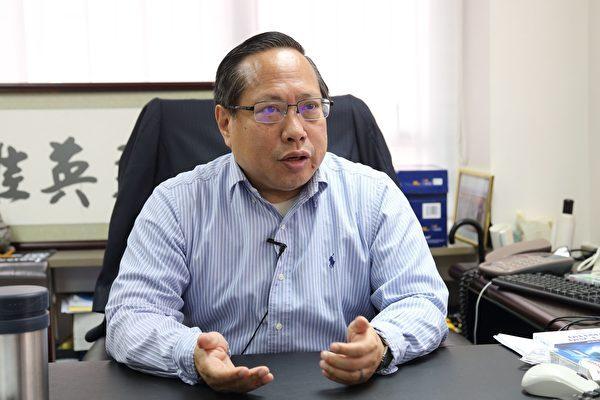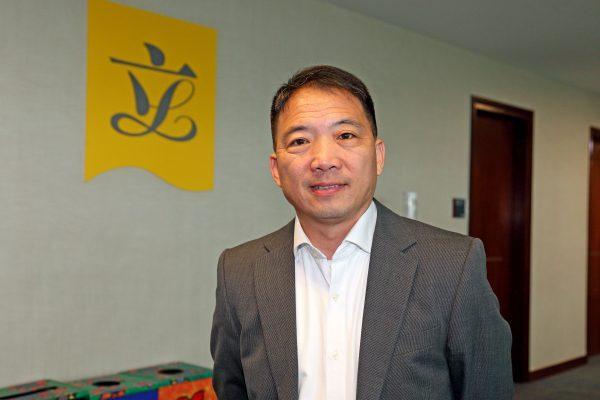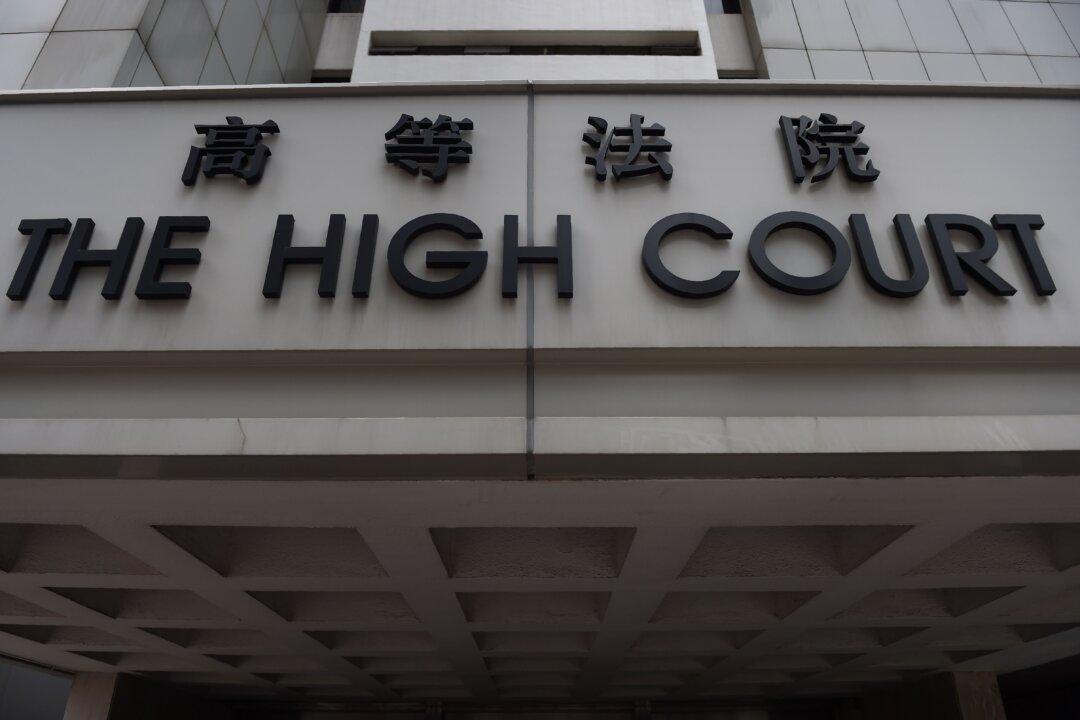After a five-year legal battle in Hong Kong court, a major victory was won for freedom of speech, assembly, and protest on Aug. 31.
Adherents of the Falun Gong spiritual group—which is banned and heavily persecuted in mainland China—filed a lawsuit in 2013 against Hong Kong’s Food and Environmental Hygiene Department (FEHD), which typically oversees food safety among street food vendors, had begun citing a public health regulation to forcibly remove Falun Gong booths from the streets.
Article 104a of the FEHD public health code stipulated that those who do not obtain written approval from the authorities are not allowed to display bills or posters on government territory.
Two Falun Gong plaintiffs argued in their lawsuit filed at Hong Kong’s Court of First Instance that banners and posters pertaining to public protest and appeal should not be regulated under this rule.
After losing the lawsuit in October 2014, the plaintiffs appealed. On Aug. 31 of this year, judge Godfrey Lam Wan-Ho issued a landmark ruling deeming the FEHD’s restrictions on Falun Gong practitioners’ freedom of speech, assembly, and protest as unconstitutional.
“For a long time, in many areas, banners are a critical part of demonstration activities. Banners are an important way for protesters to visually relay their messages to the public. In my view, restricting the display of banners seriously infringes upon guaranteed freedoms,” Lam said in the judgment.
“These basic rights are very precious to Hong Kong society and Hong Kong’s way of life. All levels of Hong Kong’s courts should use the broadest interpretation and completely safeguard the individual,” he added.
The judgment also explained that the FEHD should not have unrestricted authority on people’s speech, assembly, or protest rights.
For years, adherents of the spiritual group Falun Gong had set up booths on the streets of Hong Kong—usually equipped with pamphlets and posters—to inform people about the ongoing persecution in mainland China. Since 1999, the Chinese regime had banned the practice, with hundreds of thousands systematically arrested and imprisoned for their spiritual beliefs. The group’s popularity—up to 70 million adherents in mainland China, by Beijing’s official estimates—made then-Chinese-Communist-Party-leader Jiang Zemin anxious about his grip on power.
Under Hong Kong’s separate governance, local Falun Gong practitioners were free to practice their faith.
But with increasing mainland interference since the city was returned to Chinese sovereignty in 1997, Falun Gong practitioners saw their activities increasingly restricted by the Hong Kong government.
Spokesperson for the Hong Kong Falun Dafa Association, Kan Hung-Cheung, applauded the legal victory as a win for all Hong Kongers. “This verdict is a basic defense of Hong Kong people’s freedom of assembly and of protest. This also upholds Falun Gong practitioners’ right to hold a peaceful and rational protest,” Kan said.
The two plaintiffs in the lawsuit also expressed that they looked forward to being able to finally go to their street booths without the fear of being disrupted.
Albert Ho Chun-Yan, pro-democracy activist, former legislator, and the plaintiffs’ lawyer, believed that the victory demonstrated that it is up to every Hongkonger to uphold the city’s freedoms. “Within the system there is space for officials to use discretion in how they exercise their power,” he said. “If they have a political slant, even though institutions have standards, they can use discretionary powers within the system to make unfair decisions.”

Hong Kong pro-democracy activist and lawyer Albert Ho Chun-Yan. Li Yi/The Epoch Times
Current legislator and chair of the Democratic Party Wu Chi-wai said he admired the tenacity of Falun Gong practitioners. “We have depended on Falun Gong adherents to persevere with determination, righteously fighting for the freedom of expression,” he said.

Chairman of Hong Kong's Democratic Party Wu Chi-wai. Li Yi/The Epoch Times
“This is a verdict that safeguards the principle of ‘one country, two systems,’” said Teresa Chu, human rights lawyer and spokeswoman for the Falun Gong Human Rights Lawyer Group in Taiwan. ‘One country, two systems’ refers to a system of autonomous governance separate from Beijing that was guaranteed in the Sino-British Declaration signed by China and the United Kingdom when Hong Kong’s sovereignty was handed back to China in 1997.
“Hongkongers should be protected under The Basic Law and Bill of Rights Ordinance,” she said, referring to the city’s constitution and bill of rights.
Separately, an international group of Falun Gong practitioners recently sent a letter to the UK parliament detailing their concerns about nearly 100 Falun Gong practitioners in Hong Kong being arrested, prosecuted or fined unlawfully, they claim.
Earlier in July, UK parliament members submitted a letter to the UK foreign secretary urging him to address to the United Nations the erosion of Hong Kong’s civil liberties and rule of law in the wake of punishments handed out to pro-democracy lawmakers and activists.
The Falun Gong letter appeals to UK MPs to also discuss what they perceive as a “form of [mainland China’s] persecution spilling over into Hong Kong.”





